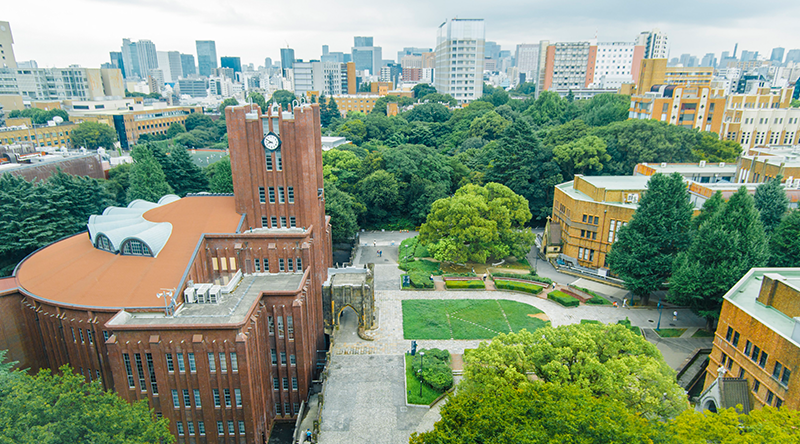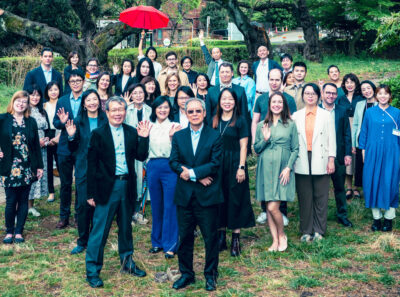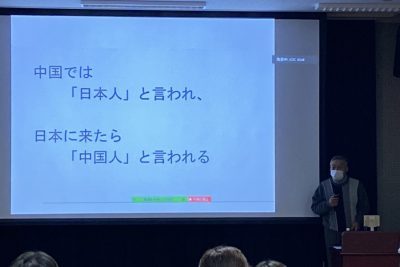Will Digital Technology Save Us? : The Post-Coronavirus World

The Post-Coronavirus World
The number of cases in most countries may be successfully lowered to a level which can be effectively monitored in most countries through measures such as lockdowns, enabling restrictions on travel between countries to be lifted. Although understanding immunity acquisition and continuity among recovered cases is still in the research stages, people who achieve immunity will likely be able to travel freely shortly after taking an antibody test, and uninfected people will be free to travel to countries with a low number of infections, even though they may still come into contact with the virus if they are unlucky. Since infection will be detectable in a short time, the risk of infecting others and spreading the disease may drop drastically. In other words, digital technology could be the key that saves the world from the novel coronavirus by freeing countries from the necessity of nationwide lockdown.
The novel coronavirus has spread around the world in an incredibly short time, causing numerous issues related to diverse aspects of life such as politics, social systems, science and technology, and social relationships. IT usage and privacy problems likely need to be discussed more seriously in the future. It goes without saying that preventing exponential infection and the ensuing collapse of health care systems while protecting privacy and individual freedoms is the most important issue. In addition, the development of an epidemiological model for use in the creation of a prediction-based strategy which will minimize damages from secondary and tertiary waves of exponential infection is also crucial. As researchers release various information, they must correctly manage risks and strive to disseminate this information as widely as possible.
If digital technology for various measures to stop the spread of infection is monopolized by wealthy countries in the future, this will further increase the global divide between rich and poor, and if the novel coronavirus or some other infectious disease spreads in developing countries, the virus will eventually spread to the rest of the world as well. In order to keep the world open and prevent countries from becoming split-off and divided, other countries must provide support to developing nations which have insufficient resources for health care and digital infrastructure. In this sense, the post-coronavirus world will be free of division, and the importance of cooperation will be valued even more highly.4
----------------------------------------------------------------------------------------------------
1: In Italy, France, Spain, and New York, the decreases in the number of new cases are still very slow, thus the situations remain unpredictable.
2: Basic reproduction number R0 is defined as the mean infected cases generated by a single infective individual during infectious period. If R0 is 2.5, the number of new infected cases after n steps of infectious processes amounts to the nth power of 2.5. For n=20, it is over 90 million cases. If R0 is less than 1, this number converge to 0 for a large number of steps n. The threshold for the herd immunity corresponds to a ratio of people with immunity of (1 - 1/R0) x 100%, which is 60% in this case. In such a case, only 40% of people who will contact to the infective individual will be infected, thus the effective reproduction rate will be 2.5x0.4=1. The nth power of 1 is always 1, so that pandemic will stop.
3: For a simple model with R0 of 2.5, the ratio of action restrictions which reduces infection rates by 60% will achieve the critical boundary (R0 = 1), and an 80% reduction will result in R0 < 1, which will immediately stop exponential infection. However, issuing predictions based on more quantitative data is likely to increase people’s peace of mind.
4: To ensure the effectiveness of this, the results of the differences in each country’s countermeasures and policies must be accurately recorded and preserved through digital technology.








